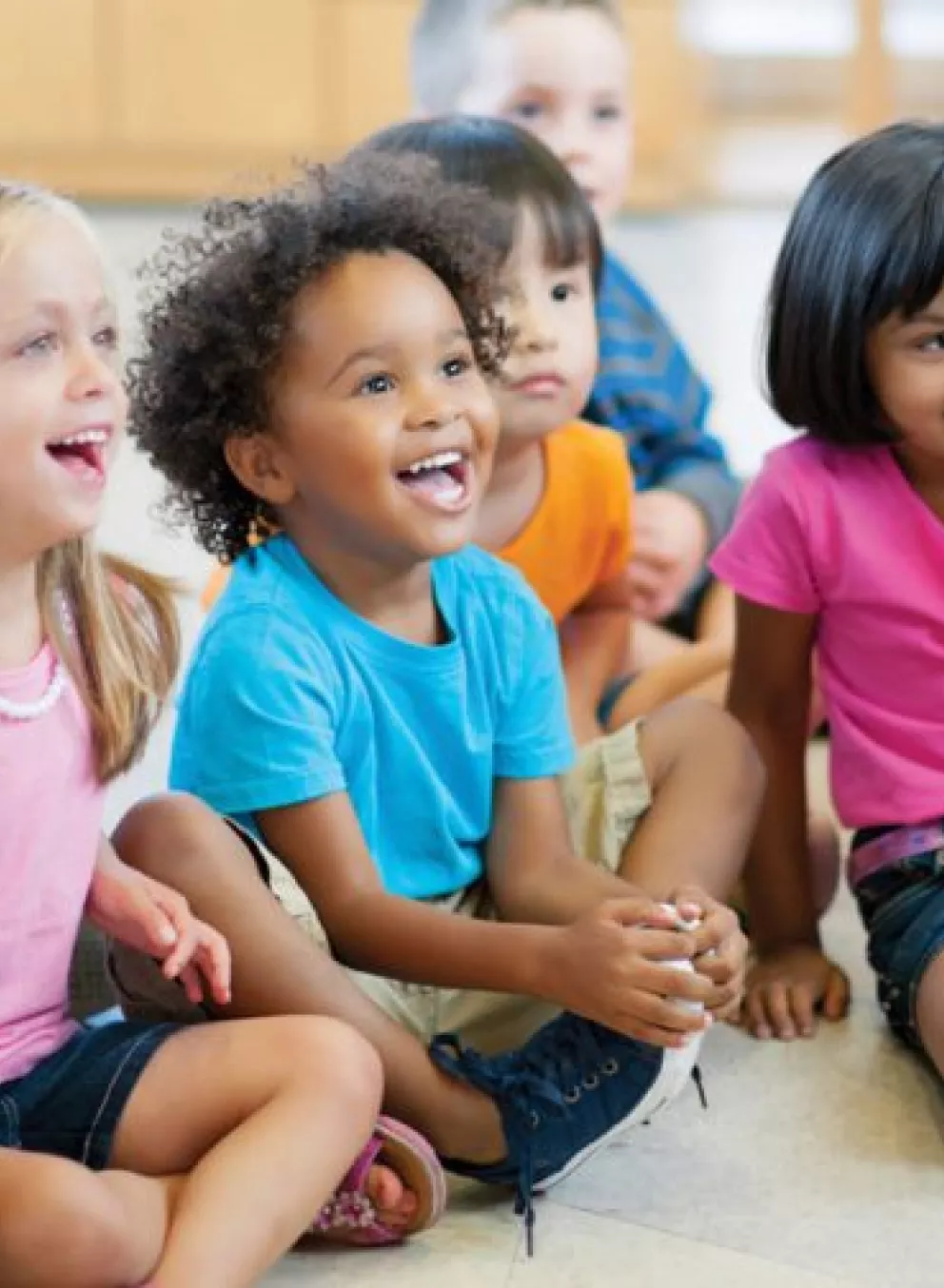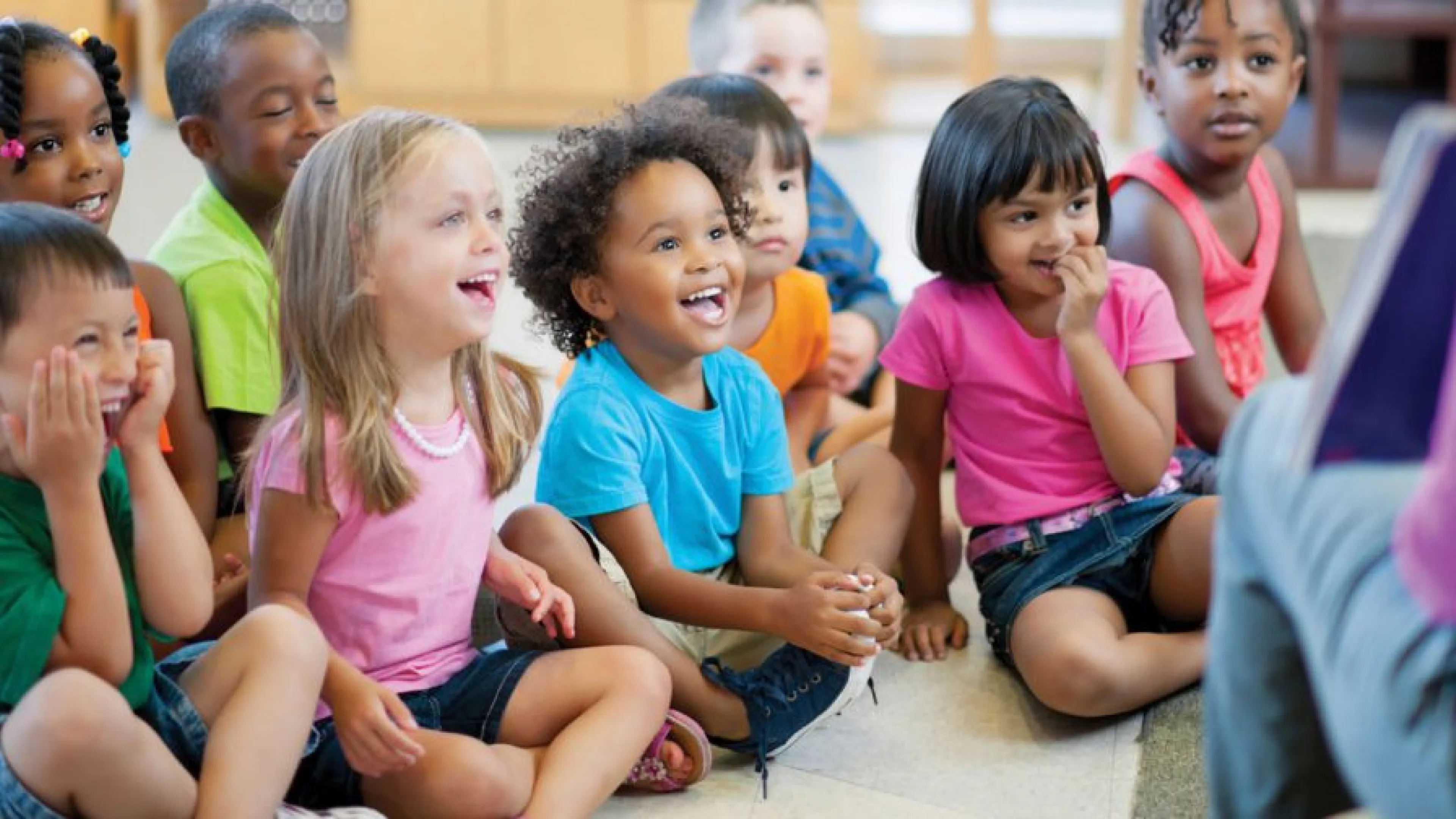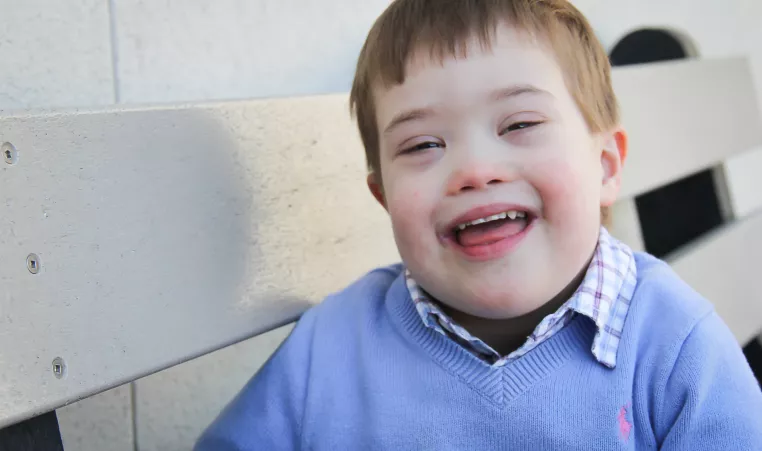
The Ashford Rise School of Dallas
The Ashford Rise School of Dallas provides the highest quality of early education services to children ages six months to six years with and without disabilities in an inclusive environment. Rise delivers comprehensive education, intervention, and therapy to our students during their formative years. Master's level educators and on-staff speech, occupational, physical, and music therapists help us to meet each student's individual needs, resulting in a tailored educational and social experience for each child.
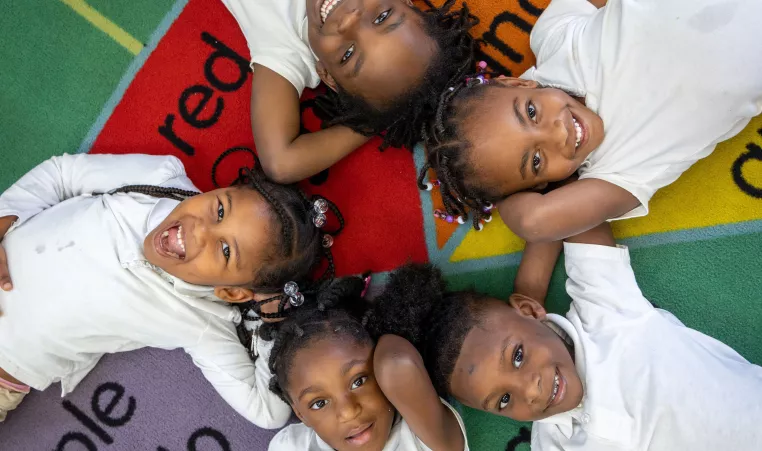
Park South Preschool
We believe every child deserves a strong start at the Park South Family YMCA. Our nurturing preschool program in Dallas is designed to foster creativity, confidence, and learning in a safe, inclusive environment. With experienced teachers and a curriculum focused on early childhood development, children engage in fun activities that promote social, emotional, and academic growth. We prioritize building essential skills through hands-on learning and play, preparing kids for a successful transition to kindergarten. Enroll your child today at the Park South YMCA preschool and give them the foundation they need to thrive!
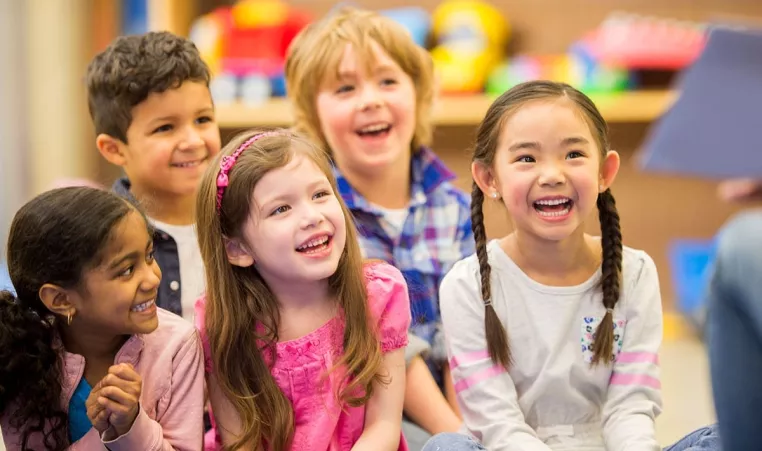
Plano Preschool
At the Plano Family YMCA Preschool, we take the responsibility of early childhood education seriously. We base our educational and guidance decisions for children on our knowledge of child development. Our number one goal is to provide the kind of environment and influence that encourages all children to become creative, independent, and responsible students who can make positive choices for themselves.
